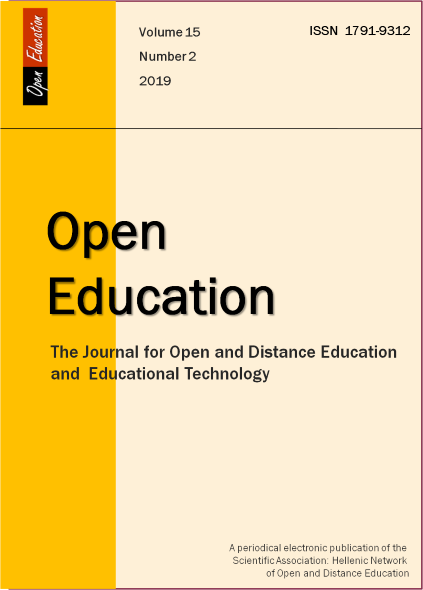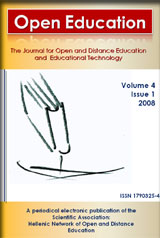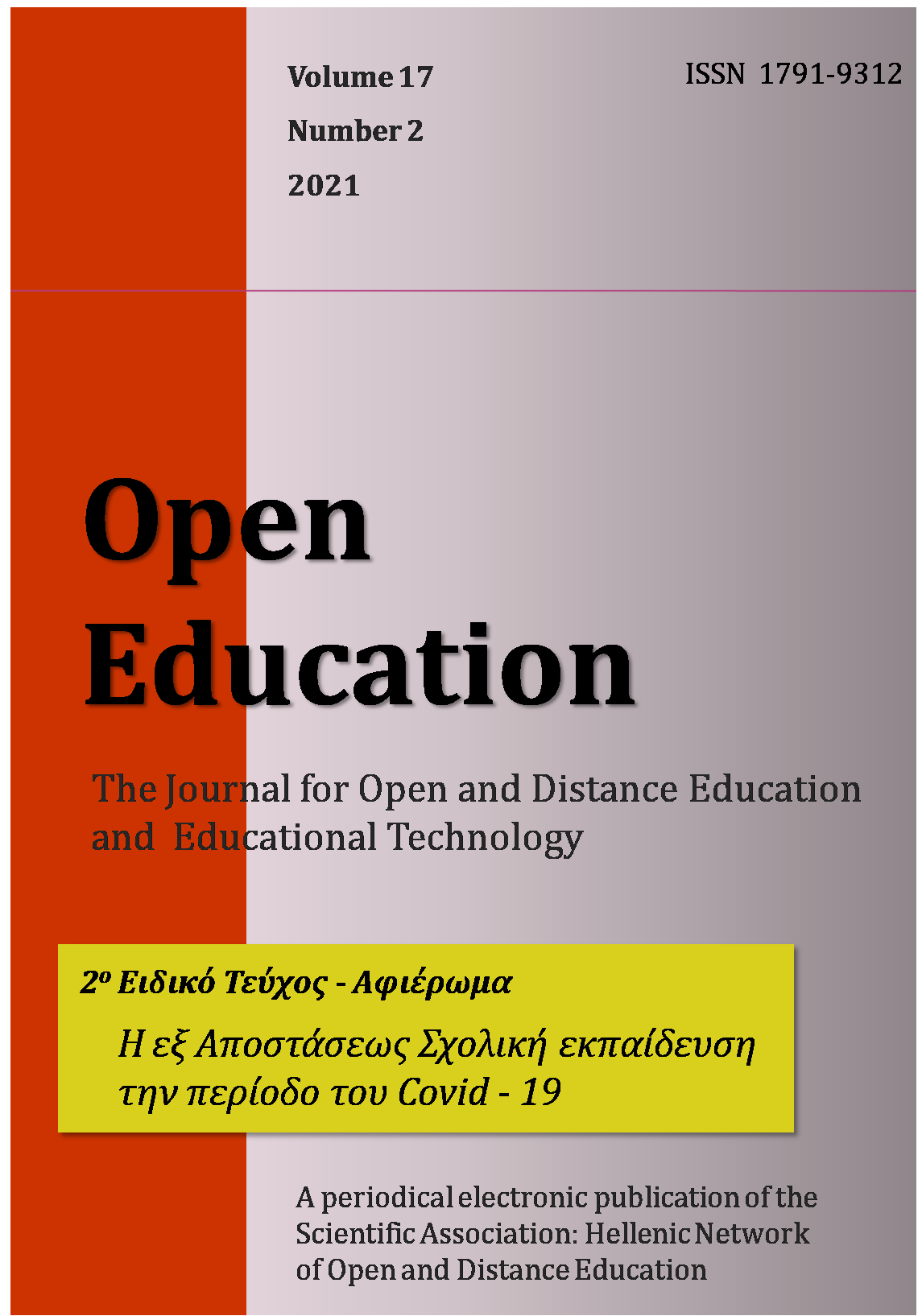Μεθοδολογία ποιοτικής έρευνας: συνεντεύξεις και συνεντεύξεις μέσω διαδικτύου
Resumen
Στο άρθρο αυτό γίνεται προσπάθεια να παρουσιαστεί το τι σημαίνει και τι τελικά είναι η έρευνα και οι βασικοί λόγοι για τους οποίους επιλέγεται συγκεκριμένη μεθοδολογία έρευνας και λεπτομερέστερα η ποιοτική μέθοδος, βάσει διεθνούς και εγχώριας βιβλιογραφίας. Αποτιμώνται τα θετικά χαρακτηριστικά του εν λόγω είδους μεθόδου και οι κύριοι λόγοι για τους οποίους μια/ένας ερευνήτριας/ητής θα την υιοθετούσε. Έπειτα παρατίθενται διάφορα είδη-τύποι συνεντεύξεων (που αποτελούν κύριο εργαλείο της ποιοτικής μεθόδου) και οι διαφορές μεταξύ των ορισμών (ή της ονοματολογίας) που τους αποδίδονται ανάλογα με τις/τους ερευνήτριες/ητές που αναφέρονται σε αυτές. Γίνεται, επίσης, η παράθεση των στοιχείων εκείνων που πρέπει να έχει η/ο ερευνήτρια/ητής προκειμένου να διεξάγει έρευνα και να ακολουθήσει τη δεοντολογία και τη μεθοδολογία της. Στη συνέχεια επιχειρούμε να περιγράψουμε όσα έχουν γραφτεί και παρατεθεί για ένα καινοτόμο είδος συνεντεύξεων, αυτό των ηλεκτρονικών συνεντεύξεων. Ονομάζονται αλλιώς συνεντεύξεις μέσω διαδικτύου και επιχειρούμε να παρουσιάσουμε τα πλεονεκτήματα και τα μειονεκτήματά τους.
Article Details
- Cómo citar
-
- Número
- Vol. 15 Núm. 2 (2019)
- Sección
- Μέρος πρώτο / Section 1





